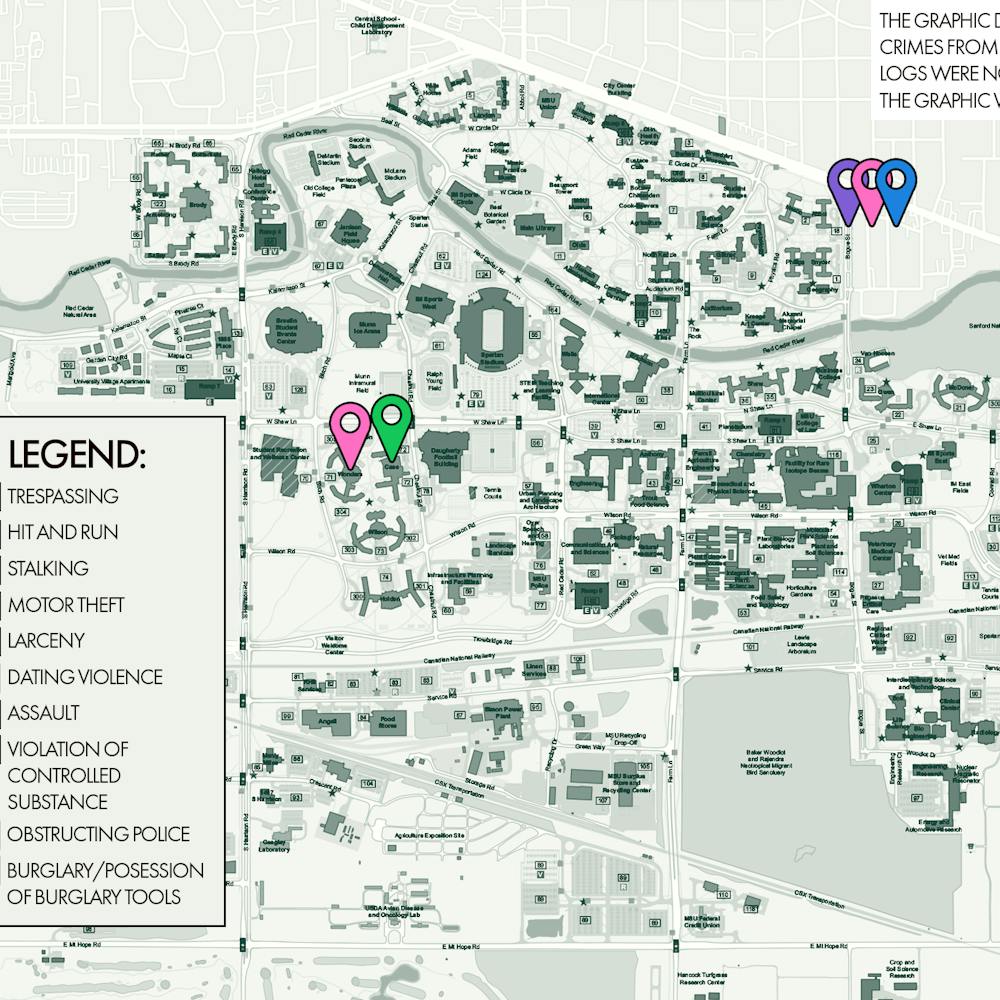Spending an hour primping in front of the mirror may not be in vain.
Recent research said primpers might be using a survival gene.
The gene, Hoxb8, is found in all mammals and is responsible for grooming, hygiene patterns and controlling body parts.
Mario Capecchi, professor of genetics at the University of Utah School of Medicine, said when mutated in mice, the gene caused them to excessively groom themselves, creating bald spots and skin wounds.
“In terms of genetics, humans and mice are almost identical,” Capecchi said. “We have the same gene that causes us to groom ourselves and keep clean. It’s also responsible for stereotypical patterns like washing your head before your feet in the shower.”
Capecchi said grooming is an important survival behavior because it allows people to get rid of bacteria, germs, dirt and bugs that may live in the skin. It also can increase life expectancy by 30 years, he said.
But grooming and washing too much also could cause harm.
“Hoxb8 is the gene related to obsessive compulsive disorder, causing certain manifestations, like washing your hands and hair over and over because you aren’t experiencing any gratification from it,” Capecchi said. “We did this experiment to think about the disorder more deeply, to try and develop therapies for it.”
Nick Candela, a receptionist at Douglas J Salon, 333 Albert Ave., said customers often can’t tear themselves away from the mirror.
Even Candela is more vain since he started working at the salon, he said.
“I’ve started to primp more since I started here,” the art education senior said. “When you’re surrounded by mirrors all day, you tend to become more vain and look at yourself more.”
Dr. Bill Metcalfe, assistant director of clinical services at MSU, said about 2.5 percent of people may have this disorder in their lifetime. He also said compulsively washing hands can be harmful to skin.
“I had a patient who did this and she actually wore some of her skin off,” Metcalfe said. “Her hands were very raw and chapped and they had to be wrapped and medicated.
“What’s interesting is that her disorder caused her to waste so much time. It would take her a good 10 to 15 minutes to wash her hands each time because she had a particular way of doing it.”
Each gene in the body correlates to another gene in the body. The correlating gene is responsible for how much time someone spends on their appearance.
“It’s OK to groom yourself appropriately, but if it’s excessive, the time could be used to do something more productive,” Metcalfe said. “People could be concentrating on their career goals or their education, so sometimes they miss out.”
Emily Pond, a student at the salon, said people 20 to 25 years old spend the most money on hair products and hair care.
“Even though older people spend the most money on products, I think high-schoolers and middle-schoolers primp more,” she said. “I’d say on average the typical girl looks in the mirror about 20 times a day. But the guys that come in here primp just as much as the girls do.”
Pond also said it’s very common for a customer to stay and primp after they get a haircut.
“We have a lot of people that come in that just want to primp and look at themselves,” she said. “I had a woman come in that kept playing with her hair while I was trying to style it. She kept asking me for a curling iron and different brushes and finally I just told her to do it herself.”






